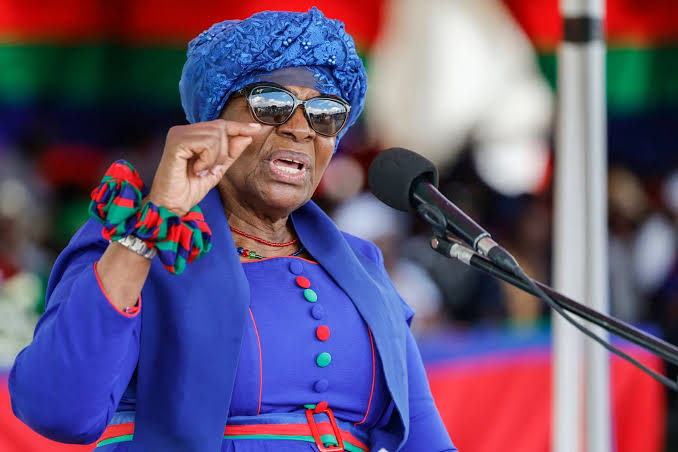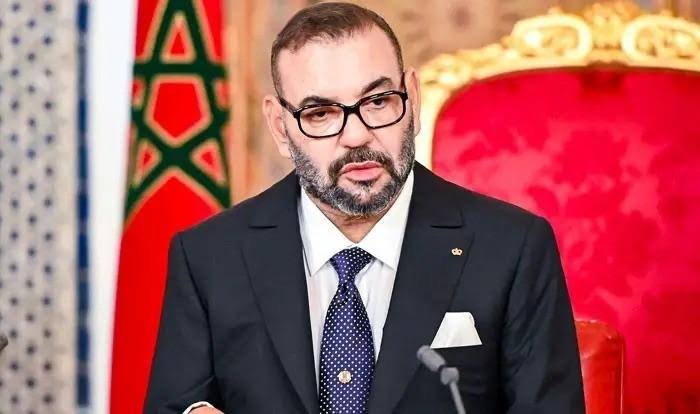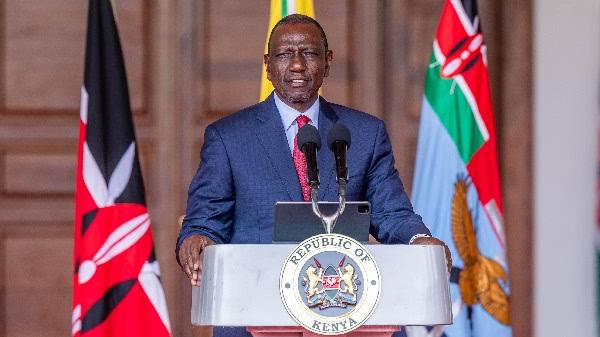
Faith Nyasuguta
Kenyan President William Ruto has declared himself the most accomplished leader in the country’s history since independence. Speaking during a recent meeting at State House Nairobi, Ruto boldly claimed that his educational achievements, political experience, and humble beginnings set him apart from all previous heads of state.
“I have served as a Member of Parliament for 15 years and as Deputy President for 10. I’m not too old, I’m young and capable,” he said. “Kenya has never had a president with my level of education. I hold a PhD. I was born and raised in the grassroots. I understand Kenya’s problems. That’s why I must perform.”
Ruto, who built his 2022 presidential campaign on the image of a “hustler” rising from selling chickens to the top job, restated his belief that his journey uniquely qualifies him to address Kenya’s major concerns. He even went as far as to say that he carries within him the best traits of Kenya’s past presidents – Jomo Kenyatta’s courage, Moi’s understanding, Kibaki’s education, and Uhuru’s development agenda.
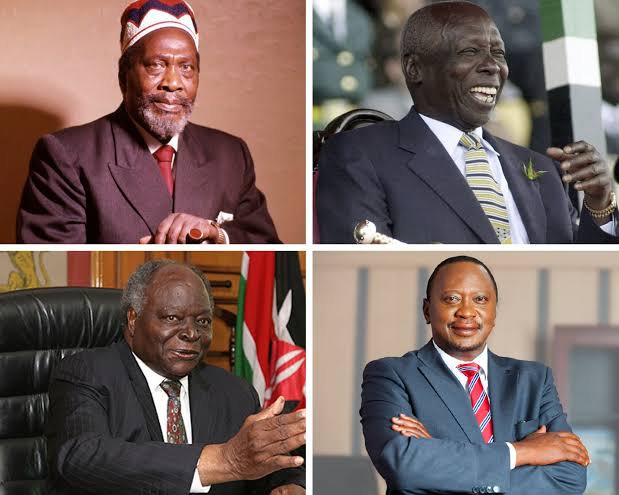
However, his remarks come at a time when his leadership is facing growing public dissatisfaction. In recent months, Kenya has experienced a wave of nationwide protests triggered by police brutality, corruption allegations, and economic hardship.
Tensions soared after the death of teacher and blogger Albert Ojwang, who died while in police custody. While authorities initially denied wrongdoing, an autopsy revealed signs of assault. President Ruto eventually admitted that Ojwang had died “at the hands of the police,” calling the incident “heartbreaking.” But by then, the damage was done. What began as a call for justice for Ojwang quickly evolved into broader anti-government protests demanding Ruto’s resignation.
This wasn’t an isolated event. The president had already faced mass backlash following the controversial 2024 Finance Bill, which proposed harsh tax increases. Although he later rejected the bill after Parliament passed it, the move didn’t restore trust. Kenyans were already furious over what they saw as betrayal of the president’s “hustler” promises.
In June and July 2025, demonstrations swept across the country, with protesters flooding the streets of Nairobi, Mombasa, Kisumu, Eldoret and Nakuru. Young people, especially from Gen Z, were at the forefront of the movement. They demanded transparency, better economic policies, accountability for police killings, and a renewed respect for constitutional rights.
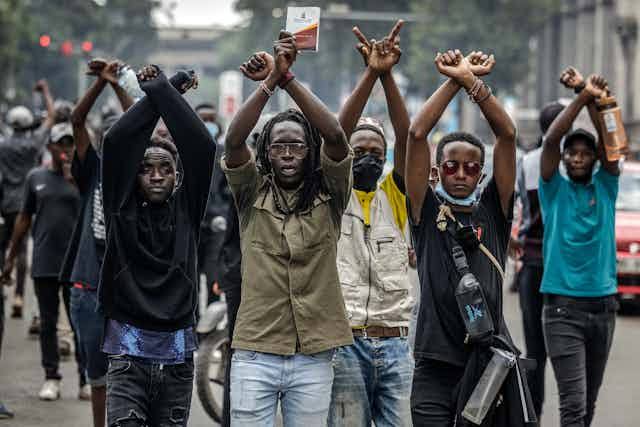
Despite growing calls for his resignation, Ruto has remained defiant. His allies have urged for calm and patience, while insisting that investigations into police conduct are ongoing. But critics, including opposition leaders and civil society groups, say Ruto’s government has failed to live up to its promises and is now disconnected from the suffering of ordinary Kenyans.
For a leader who claims to be the best Kenya has had, Ruto faces one of the most turbulent periods of any presidency. Whether his background and qualifications can outweigh the unrest and anger on the streets remains an open and deeply divisive question.
RELATED:

